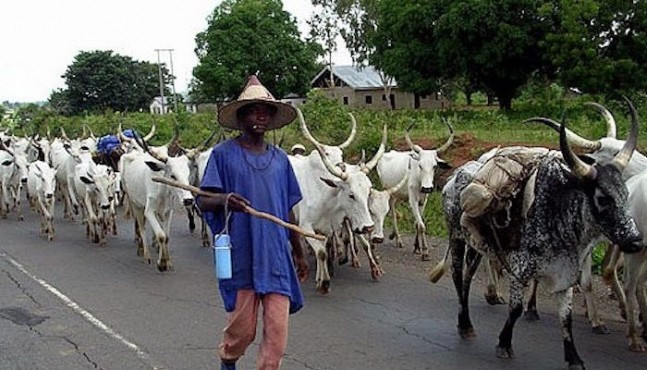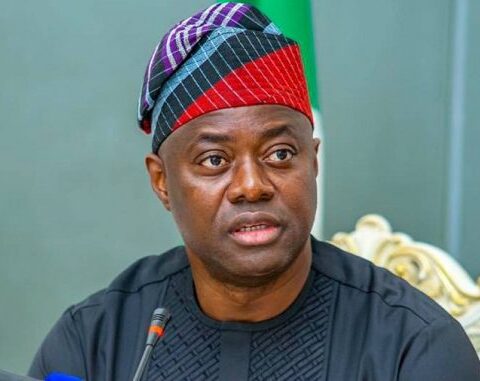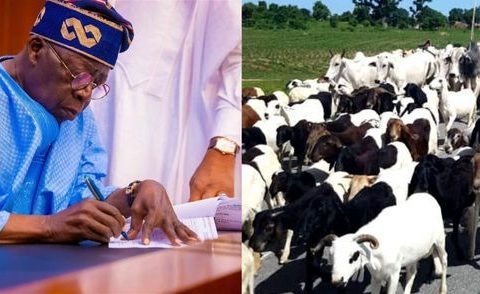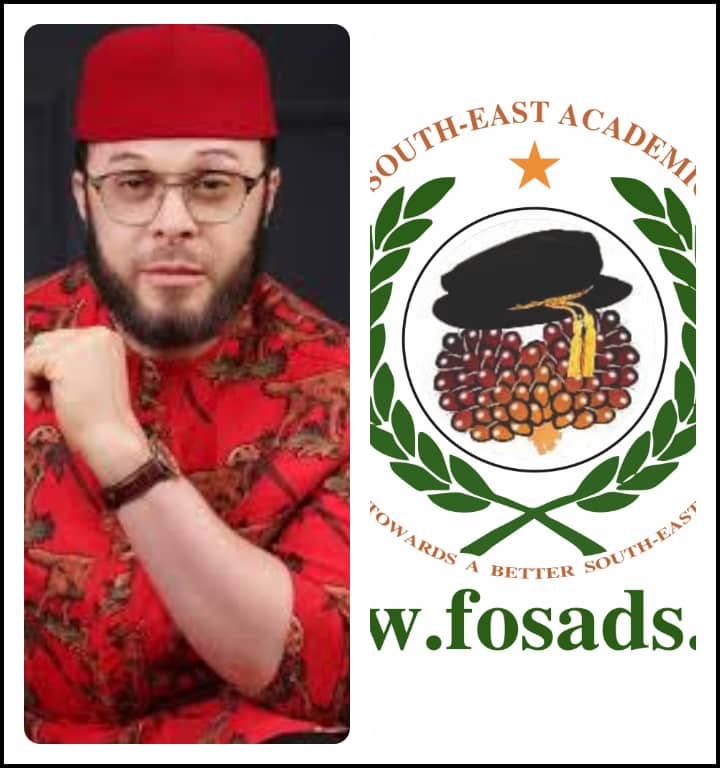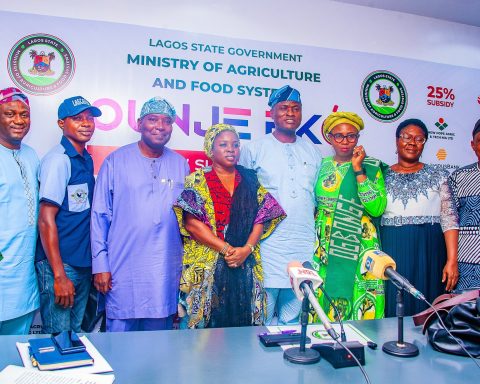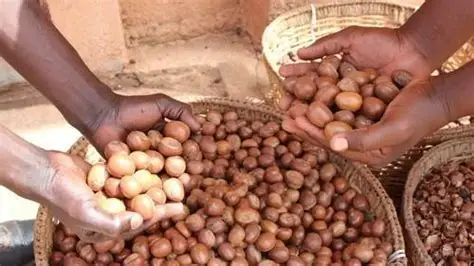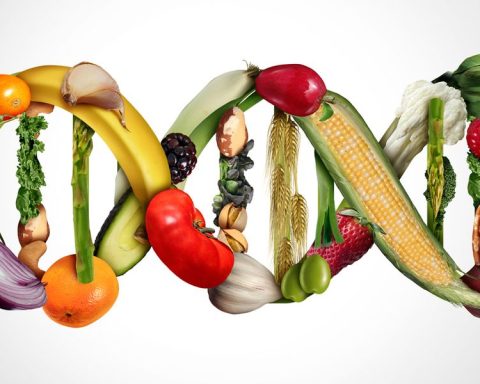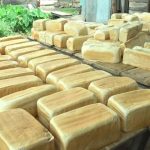Farmer-herder conflicts in Nigeria have resulted in significant loss of lives, with estimates suggesting over 19,000 people have been killed since 1999. According to the Armed Conflict Location & Event Data Project (ACLED), this violence has escalated in recent years, with reports indicating approximately 2,600 civilian deaths in 2021. In 2018, the conflict claimed over 1,300 lives, while between 2016 and 2018, more than 3,641 deaths were recorded due to these clashes.
The ongoing violence is driven by a complex interplay of factors, including land disputes, climate change, and socio-political dynamics. This highlights the urgent need for effective conflict resolution strategies. However, with the creation of the Ministry of Livestock on 9 July 2024, some stakeholders have applauded the government with hopes that this ministry will bring to an end the conflicts that have resisted previous strategies.
Join our WhatsApp ChannelThe Attorney General of the Federation and Minister of Justice, Lateef Fagbemi, clarified that the newly proposed Ministry of Livestock Development will specifically focus on livestock issues. He explained that this separation allows the Ministry of Agriculture to concentrate on broader agricultural areas.
The current administration also stated that the initiative aims to address ongoing farmer-herder conflicts and promote sustainable livestock management practices, which are vital for Nigeria’s food security and economic development.
Previous Efforts and the New Initiative
While it is a strategic initiative intended to foster peaceful coexistence and enhance livestock productivity, skepticism remains regarding its effectiveness. The ministry will focus on implementing recommendations from the National Livestock Reforms Committee, which advocates targeted interventions such as establishing ranches and grazing reserves.
However, the success of such measures in resolving deep-rooted conflicts is uncertain, as previous efforts have often fallen short due to complex socio-economic factors and political dynamics:
For instance, The National Grazing Reserve Bill of 2016 was proposed to establish grazing reserves for herders; however, this bill did not survive due to opposition from various stakeholders who viewed it as infringing on state rights under the Land Use Act.
In 2018, the Cattle Colonies Proposal aimed to create designated areas for cattle rearing but was met with public backlash and concerns about its feasibility and potential displacement of communities, leading to its abandonment.
Also, the National Livestock Transformation Plan (NLTP) launched in 2019 was a 10-year plan intended to transition from open grazing to ranching. The NLTP aimed to improve livestock productivity and reduce conflicts; however, it has struggled with implementation challenges and skepticism from state governments.
For The Livestock Intervention Programme (LIP) of 2021, it included establishing herder settlements across six northern states but faced criticism for not adequately addressing the root causes of conflicts, leading to ongoing tensions.
Since the Federal Ministry of Livestock Development was officially launched on 9 July 2024, there has been no specific report detailing the number of farmer-herder conflicts that have been resolved. The ministry aims to address these conflicts through targeted policies and initiatives; however, the effectiveness of these measures in settling ongoing disputes remains uncertain compared to previously mentioned initiatives.
For this reason, many have asked ‘if it is only about cows?
READ ALSO: Nigeria’s Livestock Sector Worth Over N30Trillion, What We Owe Herdsmen – Lawan
The newly established Ministry of Livestock Development in Nigeria is not solely focused on cattle; it encompasses a broader range of livestock. The ministry aims to enhance the overall livestock sector, which includes various animals such as goats, sheep, poultry, and other types of livestock. The ministry’s responsibilities include developing policies for animal health, improving breeds, enhancing husbandry practices, and supporting rural livelihoods. Hence, with so many roles, one might conclude that the sole purpose of its creation is not to handle the farmers’ and herders’ conflict, and thus the ministry might not effectively address that issue.
Other Suggestions to End Farmer-Herder Conflicts
Initially, stakeholders had suggested that a vital strategy in resolving farmers’ and herders’ conflicts is fostering community dialogue and conflict resolution. Encouraging dialogue between farmers and herders at local levels is essential for promoting understanding and cooperation, which can help mitigate tensions. The government has also been urged to enhance security measures in conflict-prone areas by deploying more police operatives and improving intelligence gathering.
Some recommendations suggest that states should consider freezing the enforcement of existing anti-grazing laws while working on transitioning herders to ranching. Meanwhile, establishing a funding mechanism that includes support from international organisations, the private sector, and government resources is crucial for effectively implementing these reforms.
Nigerians continue to raise concerns about the actual motives behind the creation of a livestock ministry.
The establishment of the Ministry of Livestock Development has continued to raise questions about its motivations, particularly whether it serves as a political measure to pacify specific ethnic groups, especially given the existence of the Federal Ministry of Agriculture and Rural Development. The latter remains active and is responsible for ensuring food security across various agricultural sectors, including crops and livestock. The current Minister of Agriculture, Mohammad Mahmood Abubakar, has been in office since September 2021.
Given that Alhaji Idi Mukhtar, Minister of Livestock Development, is also from the Fulani ethnic group, traditionally known as pastoralists primarily associated with cattle herding, people worry whether this initiative aims to address the concerns of Fulani herders alone, especially considering the historical context of conflicts between herders and farmers in Nigeria.
President Bola Tinubu’s administration has indeed undertaken significant reforms, including the scrapping of some ministries for efficiency. On October 23, 2024, he announced the dismissal of five cabinet ministers and the elimination of the Ministry of Niger Delta Development and the Ministry of Sports Development for efficiency.
Some individuals have raised concerns about why a Ministry of Livestock was created when it is not even the major issue in agriculture in Nigeria, yet the Ministry of Niger Delta, an area angered by neglect, has been scrapped. Political activist Timi Frank has called the decision to abolish the Niger Delta Ministry “hasty and biased,” warning that it could lead to unrest in a region already sensitive to issues of marginalisation and resource control.
The Niger Delta Ministry was created to facilitate targeted development and mitigate youth restiveness in an area significantly impacted by oil extraction. Meanwhile, the establishment of a Ministry of Regional Development to oversee various regional commissions, including those for the Niger Delta, raises concerns about whether this new structure will adequately address each region’s unique needs or dilute focus on critical issues affecting communities. Critics fear that merging these responsibilities could lead to neglect, particularly for regions like the Niger Delta, which have distinct socio-economic dynamics.
READ ALSO: Tinubu Creates Ministry Of Livestock Development
For Daniel Okafor, National President of the Potato Farmers Association of Nigeria (POFAN), “the creation of the Ministry of Livestock was unnecessary.” He argues that existing issues surrounding farmer-herder conflicts should be addressed collectively at both federal and state levels. He criticised the ministry as a means to increase political jobs without effectively monitoring agricultural needs.
Achike Chude, a public commentator, highlighted that while Nigeria faces economic challenges, creating a new ministry could lead to further complications rather than solutions. He emphasised that addressing farmer-herder clashes requires more than just establishing a new ministry; it should involve comprehensive strategies.
What the Minister/Ministry of Livestock Should Do to Be Effective
To be effective, the Minister of Livestock Development must prioritise several key actions, especially given the sensitive nature of herder farmer relations in Nigeria. First, he should foster dialogue and cooperation among all stakeholders, including local communities, farmers, herders, environmental groups, and regional governments. This inclusive approach will help address the complex issues surrounding resource allocation and conflict resolution.
The ministry should also focus on implementing innovative and sustainable agricultural practices that balance the needs of both herders and farmers. This includes developing environmentally sustainable grazing reserves and promoting modern ranching techniques to reduce reliance on open grazing.
Aside from that, the minister must ensure equitable access to resources for all parties involved. This will help mitigate tensions and promote collaboration between different agricultural sectors. Additionally, he should work closely with the existing Ministry of Agriculture to streamline efforts and avoid bureaucratic confusion, particularly for integrated farming operations.
For the fact that the minister is from the Fulani ethnic group, often at the centre of these conflicts, there is a need for him to be particularly sensitive to perceptions of bias. Demonstrating a commitment to addressing the concerns of all stakeholders involving diverse ethnic groups will be crucial for building trust and fostering peaceful coexistence between herders and farmers.
Dr Mbamalu is a Jefferson Fellow, member of the Nigerian Guild of Editors (NGE) and a renowned Publisher.
Dr. Marcel Mbamalu is a distinguished communication scholar, journalist, and entrepreneur with three decades of experience in the media industry. He holds a Ph.D. in Mass Communication from the University of Nigeria, Nsukka, and serves as the publisher of Prime Business Africa, a renowned multimedia news platform catering to Nigeria and Africa's socio-economic needs.
Dr. Mbamalu's journalism career spans over two decades, during which he honed his skills at The Guardian Newspaper, rising to the position of senior editor. Notably, between 2018 and 2023, he collaborated with the World Health Organization (WHO) in Northeast Nigeria, training senior journalists on conflict reporting and health journalism.
Dr. Mbamalu's expertise has earned him international recognition. He was the sole African representative at the 2023 Jefferson Fellowship program, participating in a study tour of the United States and Asia (Japan and Hong Kong) on inclusion, income gaps, and migration issues.
In 2020, he was part of a global media team that covered the United States presidential election.
Dr. Mbamalu has attended prestigious media trainings, including the Bloomberg Financial Journalism Training and the Reuters/AfDB Training on "Effective Coverage of Infrastructural Development in Africa."
As a columnist for The Punch Newspaper, with insightful articles published in other prominent Nigerian dailies, including ThisDay, Leadership, The Sun, and The Guardian, Dr. Mbamalu regularly provides in-depth analysis on socio-political and economic issues.


